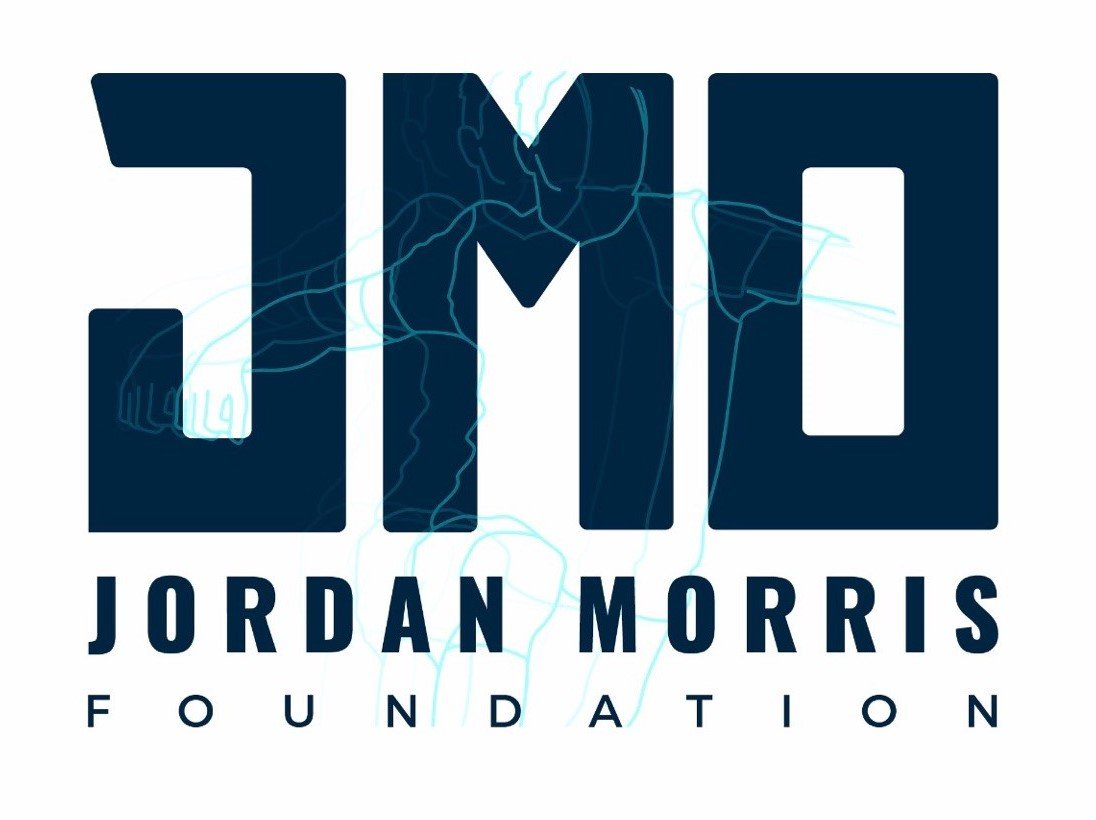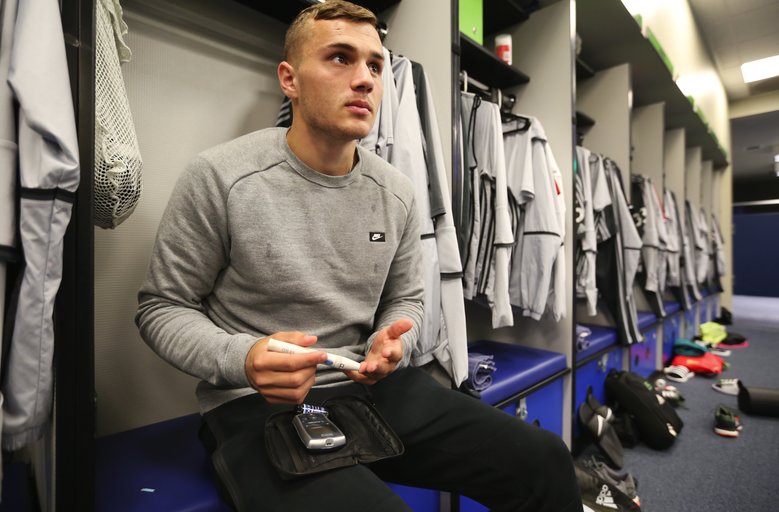YOUR CONTRIBUTIONS ALLOW US TO ACCOMPLISH OUR MISSION OF EDUCATING, INSPIRING AND SUPPORTING YOUTH LIVING WITH TYPE 1 DIABETES
WHERE DO YOUR CONTRIBUTIONS GO?
We created a fund at Seattle Children’s Hospital to support the needs of T1D patients and their families, specifically the pyscho-social support of patients who would otherwise not be covered
We deliver JMO bags to newly-diagnosed T1D kids at Seattle Children’s Hospital/ Children’s Outpatient Diabetes Clinic
We continue to host the annual Jordan Morris T1D Soccer Camp
We send JMO bags to newly diagnosed T1D kids around the country
We fund the T1D Playmaker Program which allows a T1D to meet with Jordan after each home and away game
WHAT IS DIABETES?
Type 1 diabetes (T1D) is an autoimmune disease in which a person’s pancreas stops producing insulin, a hormone that enables people to get energy from food. It occurs when the body’s immune system attacks and destroys the insulin-producing cells in the pancreas, called beta cells. Type 1 diabetes strikes both children and adults at any age. It comes on suddenly, causes dependence on injected or pumped insulin for life, and carries the constant threat of devastating complications. Individuals with T1D can with varying degrees get complications of heart disease, blindness, kidney disease and nerve disease among others. Life expectancy for children with T1D is 13 years less those without it.
Two hundred thousand children and youth are living with T1D in the United States. Every day 50 more young people are diagnosed with the disease. Without a cure by the year 2050 it is expected that 600,000 children will be living with diabetes.
Living with T1D is a constant challenge. Children with the disease must carefully balance insulin doses (either by injections multiple times a day or continuous infusion through a pump) with eating and other activities throughout the day and night. They must also measure their blood-glucose level by pricking their fingers for blood six or more times a day. Despite this constant attention, they still run the risk of dangerous high or low blood-glucose levels, both of which can be life threatening. People with T1D overcome these challenges on a daily basis.
“Hopefully there’s a cure for diabetes at some point. Until then, I definitely want to keep speaking out, meeting with kids and trying to be an inspiration to as many as possible.” -Jordan
MISSION CHECKLIST: Educate, Inspire, SUPPORT


